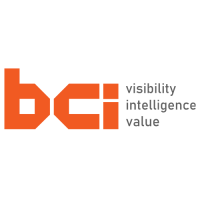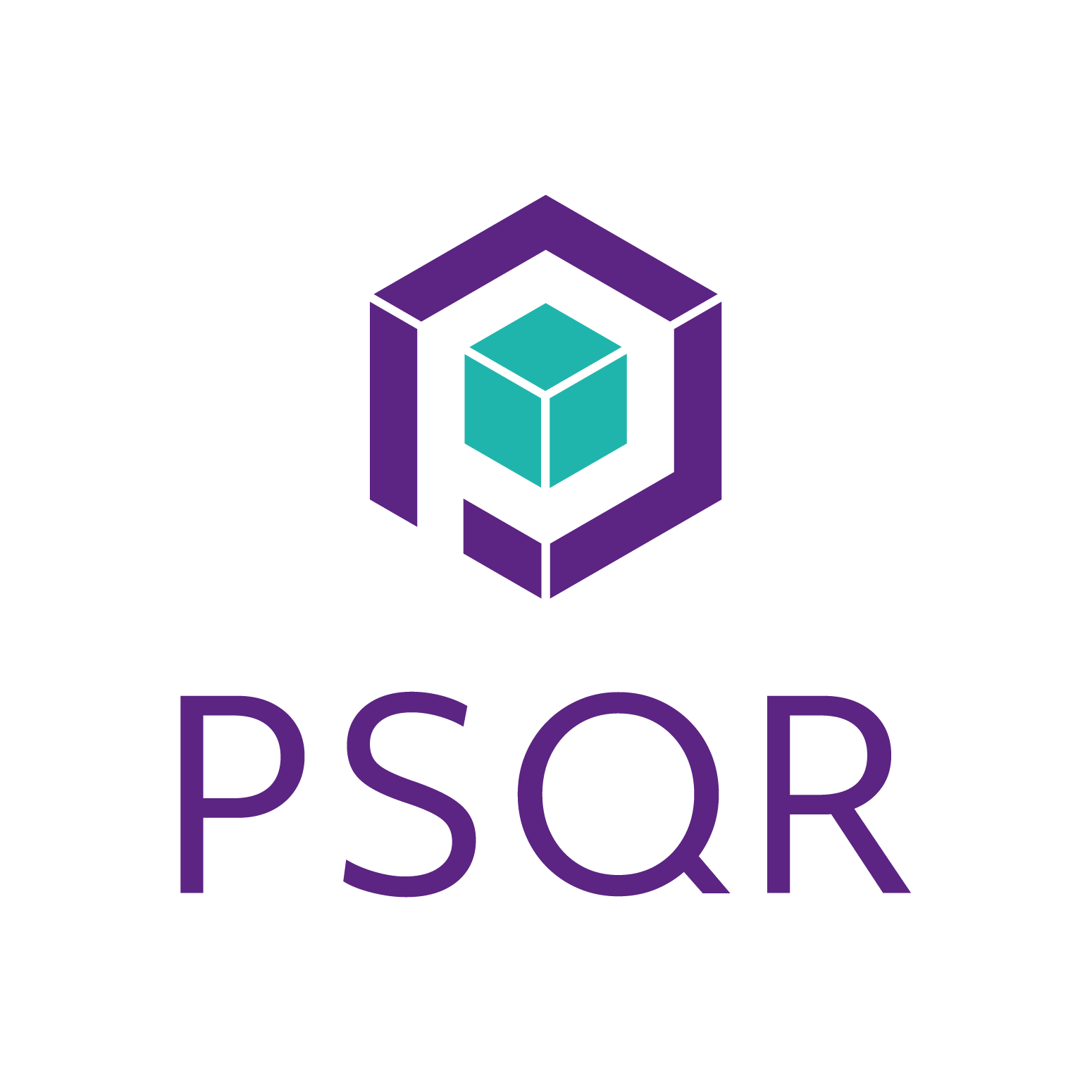Description

Adjuno

SmartDocs
Comprehensive Overview: Adjuno vs SmartDocs
Adjuno and SmartDocs are both software solutions that cater to specific business needs, but they focus on different functionalities and target markets.
a) Primary Functions and Target Markets
Adjuno:
- Primary Functions: Adjuno is primarily known for its supply chain management solutions. The software offers features that support order management, product lifecycle management, and collaboration across different stakeholders in the supply chain. It is designed to improve transparency, efficiency, and communication from the procurement of raw materials to the delivery of the final product.
- Target Markets: Adjuno typically targets industries such as retail, consumer goods, and logistics. Companies that have complex supply chains and require enhanced coordination among suppliers, manufacturers, and retailers are the ideal users of Adjuno’s solutions.
SmartDocs:
- Primary Functions: SmartDocs is predominantly a document management and automation tool. It integrates with platforms like Microsoft Word to automate the generation of customized documents and reports. Its features include data integration, template management, and real-time document collaboration.
- Target Markets: SmartDocs is aimed at businesses that require efficient document creation and management, particularly those in sectors like law, finance, and healthcare, where documentation is critical, and compliance is necessary.
b) Market Share and User Base
Adjuno:
- Adjuno is a niche player in the supply chain management software market. Its user base consists mostly of medium to large enterprises with complex supply chains. While it might not have the market share of larger competitors like SAP Ariba or Oracle, it holds significance in its specific sector by providing tailored solutions that some larger platforms do not focus on.
SmartDocs:
- SmartDocs operates in the document management and automation space. Although it faces competition from larger document management systems like DocuSign and Adobe Document Cloud, SmartDocs has carved out a niche by focusing on integration with Microsoft applications, catering to organizations using Microsoft products for their business processes. Its user base includes businesses that prefer a seamless experience with their existing Microsoft ecosystems.
c) Key Differentiating Factors
Adjuno:
- Supply Chain Focus: Adjuno’s emphasis on supply chain transparency and efficiency sets it apart from more generalized enterprise resource planning (ERP) systems.
- Specialized Industry Knowledge: Adjuno provides specialized solutions tailored to industries with specific supply chain needs, such as fashion and retail, which may not need or want the broader (and often more complex) functionalities of larger ERP systems.
SmartDocs:
- Microsoft Integration: One of the most significant differentiators for SmartDocs is its robust integration with Microsoft Word, allowing users to create and manage documents without leaving the familiar MS Office environment.
- Ease of Use: SmartDocs is designed for users who need to create complex documents and templates quickly and efficiently, focusing on ease of use and minimal training requirements compared to more complex document management systems.
In summary, while Adjuno is focused on enhancing the supply chain process, specifically benefitting industries with complex logistics needs, SmartDocs targets organizations looking to enhance document creation and management efficiency within the Microsoft ecosystem. Neither holds a dominant market share in a broad sense, but both serve critical roles within their niches.
Contact Info

Year founded :
2016
+44 175 326 0400
Not Available
United Kingdom
Not Available

Year founded :
Not Available
+1 800-711-5899
Not Available
United States
http://www.linkedin.com/company/smart-docsapp
Feature Similarity Breakdown: Adjuno, SmartDocs
To provide a feature similarity breakdown for Adjuno and SmartDocs, let's explore the commonalities and differences between these two products in terms of core features, user interfaces, and unique attributes.
a) Core Features in Common
Adjuno and SmartDocs are both software solutions designed to improve business efficiency, particularly in document management, supply chain processes, and compliance. Some core features they have in common include:
-
Document Management: Both platforms offer robust document management capabilities, allowing users to store, organize, and retrieve documents efficiently.
-
Collaboration Tools: They provide tools for collaboration, enabling multiple users to work on documents or projects simultaneously, enhancing communication and productivity.
-
Automation: They help automate various business processes. For SmartDocs, this often pertains to document generation and workflows; for Adjuno, it involves supply chain processes.
-
Analytics and Reporting: Both platforms include features for generating reports and analytics to help businesses make informed decisions based on their data.
-
Integration Capabilities: They can integrate with various other systems and software to ensure seamless data flow across platforms.
b) User Interface Comparison
Adjuno:
- Tends to focus on the supply chain and logistics sector, hence its UI often reflects a more data-heavy and analytics-focused design. It is usually structured to present a dashboard of KPIs and big data insights that are important for logistics and supply chain management.
SmartDocs:
- Has a user interface tailored towards document creation and management within platforms like Microsoft Office. It generally boasts a more intuitive and familiar interface for users who work extensively with Office applications, incorporating ease-of-use features such as drag-and-drop, templates, and ribbon integrations.
c) Unique Features
Adjuno:
-
Supply Chain Specific Solutions: Adjuno stands out with its focus on supply chain visibility and vendor management. It provides features that cater specifically to logistics, compliance, and supplier performance tracking, which aren’t typically present in SmartDocs.
-
Real-time Data: The platform offers real-time supply chain data visibility, which is crucial for businesses in retail, logistics, and manufacturing. This includes shipment tracking and vendor compliance checks.
SmartDocs:
-
Document Automation within MS Office: SmartDocs integrates deeply with the Microsoft Office Suite, offering document automation directly within programs like Word and Excel. This makes it particularly suited for businesses heavily reliant on document generation and management within these environments.
-
Template Management: SmartDocs provides advanced template management, allowing organizations to maintain consistency in document creation. This is particularly useful for enterprises that need to produce large volumes of standardized documents.
While both Adjuno and SmartDocs offer document and process management solutions, their applications are geared towards different aspects of business needs—supply chain for Adjuno and document automation for SmartDocs. The choice between them would depend largely on the specific operational needs and the existing software ecosystem of a business.
Features

Not Available

Not Available
Best Fit Use Cases: Adjuno, SmartDocs
Adjuno and SmartDocs are software solutions designed to cater to specific business needs, focusing on supply chain management and document automation, respectively. Here's a breakdown of their best fit use cases and how they cater to different industry verticals or company sizes:
Adjuno
a) Best Fit Use Cases:
- Types of Businesses or Projects:
- Retail and Apparel: Adjuno is particularly suited for businesses in the retail and apparel sectors that require enhanced visibility and control over their supply chains. Companies that deal with complex supply chains with multiple stakeholders can benefit significantly.
- Consumer Goods: Businesses dealing with high volumes of consumer goods that need to maintain efficient logistics and supply chain processes.
- Manufacturing: Manufacturers who need to optimize procurement, production scheduling, and distribution can leverage Adjuno's capabilities to streamline operations.
b) Scenarios for Preference:
- Complex Supply Chains: When a project involves multiple suppliers, manufacturers, and logistical challenges across different geographies, Adjuno's cloud-based platform can provide comprehensive oversight and collaboration.
- Demand for Real-time Data: Businesses requiring up-to-the-minute supply chain information for better decision-making and improved efficiency.
SmartDocs
a) Best Fit Use Cases:
- Types of Businesses or Projects:
- Legal and Compliance Industries: Organizations requiring robust document management systems to automate and manage documents creation, approval, and storage efficiently.
- Corporate Enterprises: Large enterprises needing to streamline their document-heavy processes such as HR, finance, and operations.
- Healthcare and Insurance: Industries with elaborate documentation processes that require excellent compliance and documentation management.
b) Scenarios for Preference:
- High Document Volume: Businesses facing challenges with high volumes of documentation where manual handling leads to inefficiencies and errors.
- Compliance and Risk Management: When there is a high priority on maintaining compliance with strict regulatory standards.
Catering to Different Industry Verticals or Company Sizes
Adjuno:
- Industry Vertical Tailoring: Tailored for industries that prioritize supply chain precision and visibility, including retail, manufacturing, and logistics.
- Company Size Adaptability: While primarily benefiting medium to large enterprises with complex supply chains, Adjuno can also support smaller companies intending to scale operations effectively.
SmartDocs:
- Industry Vertical Tailoring: Applicable across various sectors that focus on documentation, compliance, and process automation, such as legal, healthcare, finance, and insurance.
- Company Size Adaptability: Designed to cater to both small to medium enterprises (SMEs) and larger corporations that need robust cloud-based document management solutions to handle significant documentation systematically.
Both Adjuno and SmartDocs offer tailored solutions optimized for different operational scales and industry requirements. By addressing specific pain points in supply chain management and document automation, they provide significant value to their users.
Pricing

Pricing Not Available

Pricing Not Available
Metrics History
Metrics History
Comparing teamSize across companies
Conclusion & Final Verdict: Adjuno vs SmartDocs
When it comes to selecting between Adjuno and SmartDocs, it is important to evaluate these products based on several factors such as functionality, cost, integration capabilities, user interface, and customer support.
a) Best Overall Value
Adjuno offers the best overall value for organizations that prioritize robust supply chain management features and need comprehensive visibility and control over their entire supply chain process. On the other hand, SmartDocs provides great value for businesses focused on streamlining document management with an emphasis on smart processing and automation capabilities.
b) Pros and Cons
Adjuno:
-
Pros:
- Comprehensive supply chain management features that help in efficient tracking and managing.
- Strong analytics and reporting tools for better decision-making.
- Scalable to meet the needs of growing businesses.
- Excellent integration capabilities with existing enterprise software.
-
Cons:
- May require a longer onboarding process given its extensive feature set.
- Potentially higher costs especially for smaller businesses with limited budgets.
- Requires investment in training for effective utilization.
SmartDocs:
-
Pros:
- User-friendly interface, making it accessible for users with varying technical expertise.
- Efficient document management with automation features that reduce manual work.
- Cost-effective for small to medium-sized businesses focusing on document management.
- Faster deployment and quick return on investment.
-
Cons:
- Limited supply chain management functionalities compared to Adjuno.
- May need additional integrations for comprehensive enterprise usage.
- Can be less scalable if the business expands beyond document management needs.
c) Recommendations
-
If Your Focus is Supply Chain Management: Choose Adjuno. It is particularly well-suited for businesses that need extensive supply chain visibility and control. Ensure your team is ready for a potentially steep learning curve and factor in time for training.
-
If Your Focus is Document Management: Go for SmartDocs. It offers excellent document handling capabilities with the added benefit of smart automation for routine tasks. It serves well for companies seeking efficient document management solutions with cost constraints.
-
General Recommendation: Users should thoroughly assess their primary business needs and consult with both vendors to understand the detailed product offerings and integrations. A demo or trial period could be beneficial to determine user experience and fitment within existing processes.
By carefully considering the above factors, businesses can make an informed decision that aligns with their strategic objectives and operational needs.
Add to compare
Add similar companies



